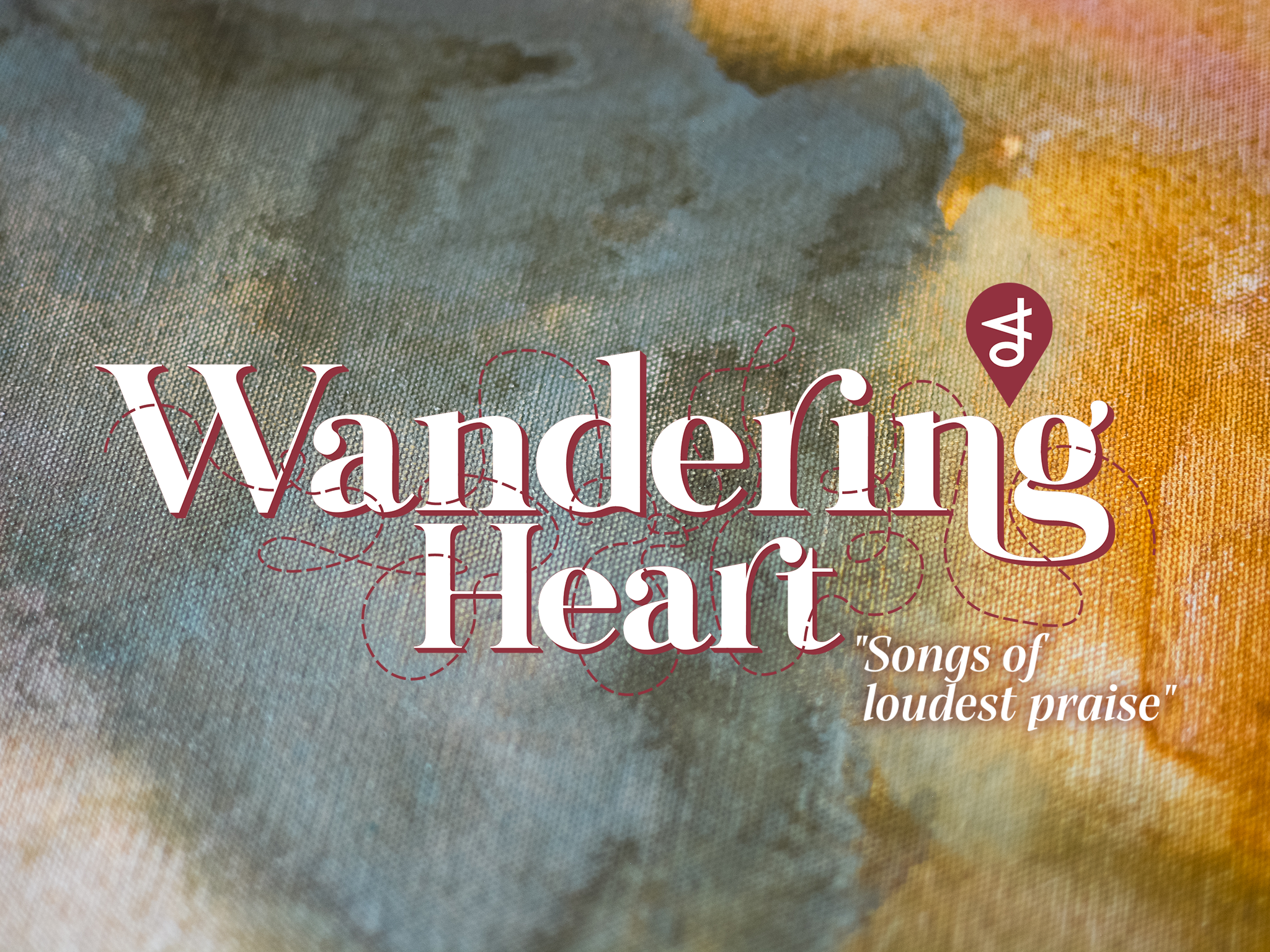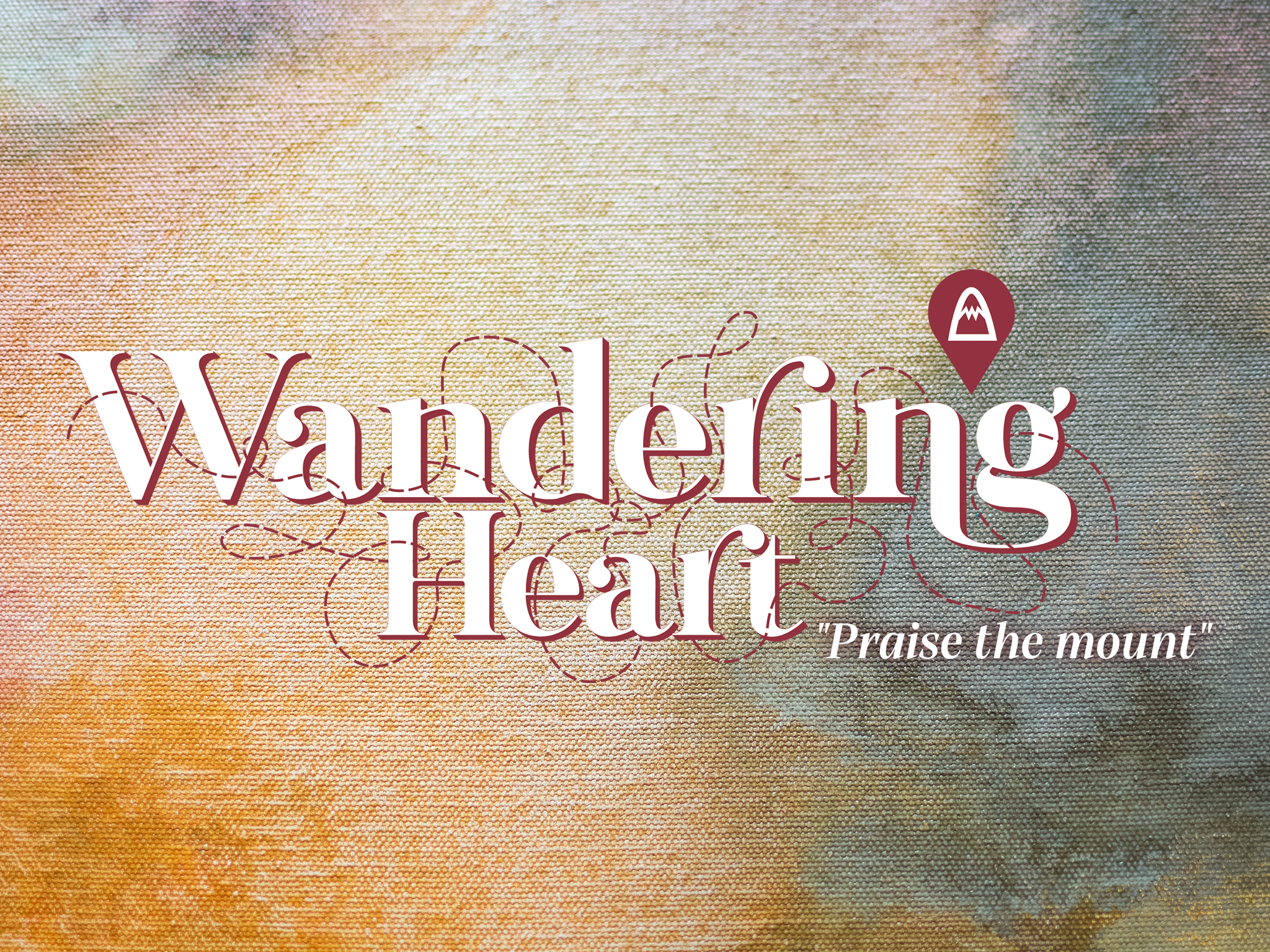Reflection for Willunga Uniting Church, 14 May 2023
John 14:15–21
to love
to love me is
to keep my teaching,
to ask your teacher,
to trust your helper;
abide, rely, reside
in Spirit and in
lovewe love you, so
we stay with you;
we listen, answer,
we live and catch
you up in Our life:
remain, reveal, abide, in
lovefor instruction I
foreshadowed much,
for mystery is strange
for those who are not ready –
but stay the course and heed
my words, follow them, in
loveto love me is
to keep my words,
the Holy words of God;
it is to be a home
for God and find in God
your own, eternal,
home
Sarah Agnew. Pray the Story
Approaching the Story slant-wise
One of my spiritual practices is to respond to portions of the Bible with prayerful poems, or poetic prayers. I share them through books and a podcast, Pray the Story. I find it helpful to listen to the Sacred Story for where it resonates deeply in each moment, for I’m different, my community is different … so there will be something new each time I come to it. An image, a phrase, one word, will hit home, and as I play with it prayerfully, evolves as a composed piece, a prayer-poem, calling into worship, confession, intercession, or simply deeper into the story.
Poetry is language differently shaped from the ordinary. It uses metaphor and other kinds of figurative language, it uses form, it employs silence and spaciousness that speak sometimes more than the words that frame them.
So I find that when I have a poem – of mine, or someone else’s – that responds to or retells a portion of the Sacred Story, it shows me the varied textures and colours in the biblical composition. It shines light into shadows, draws the stories out of the gaps. It evokes a broader, a deeper, conversation and reflection on the Sacred Scriptures that illuminates meaning in rich, dynamic, and life-giving ways.
One quality of poetry I haven’t mentioned yet is that it provokes us. With its form and space and inventive use of words and images, poetry challenges us to see and to think differently, and even more, to feel and be moved beyond where we are into somewhere new.
Now, John’s Gospel is sometimes described as a poetic gospel, because of its use of language – there’s repetition, imagery and metaphor galore – the I am statements of bread and water and gate …; allusion, aesthetic, and though it says lots, there is also a quality of silence, what is not said, or what is hinted at slant-wise. Which is poetry.
Which makes me wonder. Would it be helpful, or at least provocative, to approach portions of John as we approach poetry? That is to say, not looking for literal, pin-down-able Truth with a capital T, but seeking hints, suggestions, paying attention to the feeling the words evoke – and thus finding meaning.
Feeling the Story
we could focus on such lines and ideas as
- you know the Spirit
- for the Spirit abides with you
- the Spirit will be with you
How does that feel? do you feel seen and affirmed with a message to us through the encouragement to the disciples – you do know the Spirit.
In what ways can you remember knowing the Spirit of Holy One?
Abiding – is perhaps a word that is less often used today, and poetry does that. what images does ‘abide’ conjure up – home? warmth? family?
The Spirit will be with you. – again, how does that feel? will be with you. with. presence. that not-quite-speakable feeling of not being alone, now and into the future – will be?
Remembering our story
we could focus on such lines and ideas as
- you know the Spirit
- for the Spirit abides with you
- the Spirit will be with you
How does that feel? do you feel seen and affirmed with a message to us through the encouragement to the disciples – you do know the Spirit.
In what ways can you remember knowing the Spirit of Holy One?
Abiding – is perhaps a word that is less often used today, and poetry does that. what images does ‘abide’ conjure up – home? warmth? family?
The Spirit will be with you. – again, how does that feel? will be with you. with. presence. that not-quite-speakable feeling of not being alone, now and into the future – will be?
Encouraged into the Story
whoever has my commandments and keeps them loves me
- you have my teaching, you who love me
- live by my teaching: this is a sign, the enacting of your love for me
Do you feel emboldened, receiving such a message?
Are you reminded of the ways in which you have lived Jesus’ teaching this past week or beyond?
Are you challenged to seek ways to live more faithfully Jesus’ teaching in the week to come?
Living the Story
The subtle movement of my prayer-poem ‘to love’ is assurance from God, challenge to live God’s way, assurance again.
That important middle may sometimes get overlooked as we linger in the gift of Jesus’ presence with us.
because of course, it’s not with us alone. Jesus incarnate is so for all – all that, as this Gospel account celebrates in its opening, comes into being through the Word that is incarnate in Jesus.
So we receive the gift of hope, emboldening, courage from this poetic gospel portion, for ourselves together: together with each other in this faith community, with our neighbours in the world, with all that lives in creation.
Poetry often alludes to more than it speaks itself – with a line from a well known sonnet or play, song or film, bringing the whole to mind, for example.
So, when we hear that to love Jesus is to live his teaching – we’re not told what that teaching is, rather we are invited to remember for ourselves, what is Jesus’ teaching?
presence beside the lonely, the hurting
justice for the oppressed
food for the hungry
release for captives
reconciliation in relationships that are broken
When we do that, we fulfil the love we receive from the Holy, we expand and help to realise the promise of the Holy home for all. For me to find home with the Holy is to find home with Love, with Life itself. and Love, and Life, are not solo endeavours – Love and Life are fabric woven of many strands holding each other together; only together, whole.
The feeling of the poetry of John’s gospel here, is for me, this. This is what it is to live Jesus’ teaching: this is what it is to Love Holy One. Home and wholeness for all.
to love
to love me is
to keep my teaching,
to ask your teacher,
to trust your helper;
abide, rely, reside
in Spirit and in
lovewe love you, so
we stay with you;
we listen, answer,
we live and catch
you up in Our life:
remain, reveal, abide, in
lovefor instruction I
foreshadowed much,
for mystery is strange
for those who are not ready –
but stay the course and heed
my words, follow them, in
loveto love me is
to keep my words,
the Holy words of God;
it is to be a home
for God and find in God
your own, eternal,
home
Sarah Agnew. Pray the Story






Leave A Comment